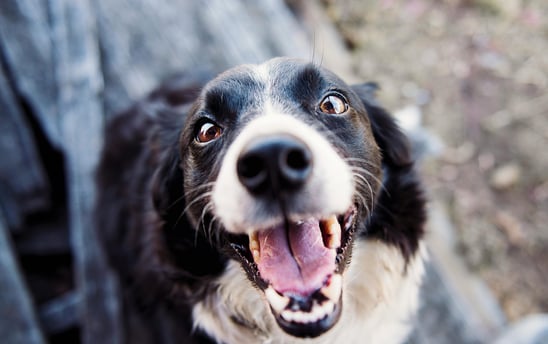Managing Aggressive Behavior in Dogs: Effective Tips and Solutions
11/26/20242 min read


Aggressive behavior in dogs can be a concerning and challenging issue for pet owners. Understanding the causes and implementing effective strategies to manage and reduce aggression is essential for the safety and well-being of both your dog and those around them. Here's a comprehensive guide to managing aggressive behavior in dogs, with SEO-friendly tips to help your blog rank on Google.
Understanding Aggression in Dogs
Keywords: aggressive behavior in dogs, dog aggression causes, understanding dog aggression
Types of Aggression: Dogs can exhibit various types of aggression, including fear-based aggression, territorial aggression, possessive aggression, and social aggression. Identifying the type of aggression is the first step in addressing the issue.
Causes of Aggression: Aggression can be triggered by various factors, including genetics, lack of socialization, past traumatic experiences, medical conditions, and environmental influences.
Early Signs of Aggression
Keywords: signs of dog aggression, early warning signs, dog aggression symptoms
Recognizing early signs of aggression can help prevent escalation. Common signs include growling, snarling, barking, snapping, and rigid body posture. Paying attention to these signals can help you intervene before aggressive behavior becomes more severe.
Effective Training Techniques
Keywords: dog aggression training, effective dog training, positive reinforcement
Positive Reinforcement: Use positive reinforcement techniques to reward your dog for calm and non-aggressive behavior. Treats, praise, and play can motivate your dog to repeat desired behaviors.
Desensitization and Counterconditioning: Gradually expose your dog to triggers in a controlled manner while rewarding them for remaining calm. Over time, this helps reduce their aggressive response to these triggers.
Obedience Training: Enroll your dog in obedience classes to teach them basic commands and improve their overall behavior. Consistent training helps establish clear boundaries and build trust between you and your dog.
Socialization
Keywords: dog socialization, socializing aggressive dogs, socialization tips
Proper socialization is crucial in preventing and managing aggression. Introduce your dog to new people, animals, and environments in a controlled and positive manner. This helps them develop confidence and reduces fear-based aggression.
Consulting a Professional
Keywords: professional dog trainer, behaviorist for aggressive dogs, seeking professional help
If your dog's aggression is severe or you're struggling to manage it on your own, seek help from a professional dog trainer or animal behaviorist. They can provide personalized guidance and develop a tailored behavior modification plan.
Creating a Calm Environment
Keywords: calm environment for dogs, reducing dog stress, stress-free home for dogs
Creating a calm and secure environment can significantly impact your dog's behavior. Ensure your dog has a safe space where they can retreat when feeling stressed or anxious. Minimize exposure to potential triggers and provide plenty of mental and physical stimulation.
Managing Triggers
Keywords: managing dog aggression triggers, avoiding triggers, reducing dog aggression
Identify and manage the specific triggers that provoke your dog's aggression. Whether it's certain people, animals, or situations, take steps to minimize exposure to these triggers while working on desensitization techniques.
Health and Wellness
Keywords: dog health and wellness, medical causes of aggression, veterinary check-ups
Ensure your dog is in good health, as medical issues can contribute to aggressive behavior. Regular veterinary check-ups can help identify and address any underlying health problems that may be affecting your dog's behavior.
Final Thoughts
Managing aggressive behavior in dogs requires patience, consistency, and a thorough understanding of the underlying causes. By implementing effective training techniques, providing proper socialization, and seeking professional help when needed, you can help your dog overcome aggression and lead a happier, more balanced life.
Remember, every dog is unique, so tailor your approach to meet your dog's specific needs. With dedication and the right strategies, you can successfully manage and reduce aggressive behavior in your canine companion.